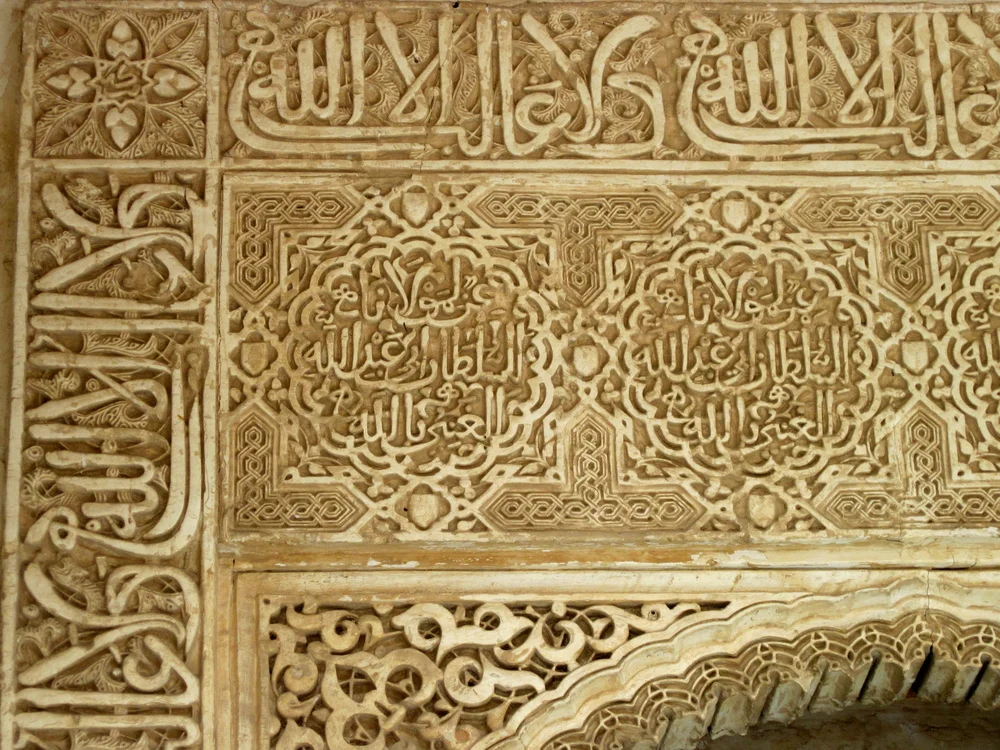Was The Cuba Deal A Papal Blessing? (Daily Caller News Foundation)
/(As printed in The Daily Caller. Thumbnail via @catholicism on Flickr.)
On his 78th birthday, Pope Francis is being hailed for his role in a diplomatic breakthrough between Cuba and the United States.
The Vatican hosted a meeting in October between American and Cuban diplomats, according to a press release from the Vatican Secretariat of State, which said that the Holy See “provided its good offices to facilitate a constructive dialogue on delicate matters, resulting in solutions acceptable to both Parties.”
Several media outlets reported that the pope raised the topic of Cuba multiple times with President Obama during their meeting in March. He then sent an “extraordinary personal letter” to Obama and Cuba’s Raúl Castro over the summer, urging reconciliation between their two countries.
President Obama said in his midday announcement on Wednesday that he finalized the details of the deal during a phone call with Castro on Tuesday, as he sought the release of U.S. prisoner Alan Gross.
Stephen Colecchi, Director of the U.S. Conference of Catholic Bishops (USCCB) Office of International Justice and Peace, told The Daily Caller News Foundation that “the Church has for a very long time supported moving in this direction.” High-ranking American bishops have traveled to Cuba frequently in recent years, including Boston’s influential Cardinal Sean O’Malley, and Pope Benedict XVI himself visited the island in 2010.
According to Colecchi, American bishops see engagement with Cuba as “a path to supporting human rights and strengthening religious freedom,” and Cuba’s Catholic leaders are also supportive of the change in policy. Religious freedom, among other human rights, is one of the most pressing concerns among critics of the Cuban regime; in its most recent report on religious freedom abroad, the State Department stated that “the Cuban Communist Party… continue[s] to control most aspects of religious life.”
House Foreign Affairs Committee Chairman Ed Royce, who is Catholic, expressed concerns with the deal, saying: “Ordinary Cubans will not be economically or politically empowered unless Cuba’s economic system changes.” He asserted that America’s lifting of the long-standing embargo on Cuba would prevent such changes from taking place, and that Obama should have consulted with Congress before such a dramatic policy shift.
On the other hand, Miami’s Archbishop Thomas Wenski, who oversees the largest community of Cuban-American Catholics, said that “Pope Francis did what popes are supposed to do: Build bridges and promote peace.”
This is not the first time in modern history that the Vatican has played a key role in international diplomacy. In the early 1980s, Pope John Paul II helped broker a truce in the so-called “Beagle conflict,” which kept Chile and Argentina from declaring war over a chain of islands. John Paul is also credited with helping with Poland’s peaceful transition from Communism to a democratically elected government.
Francis has also been active in the diplomatic realm since becoming pope. While traveling to South Korea in August, he sent a message to Chinese officials as his plane flew over the country’s airspace; this was the first formal exchange between China and the Vatican since 1951. He has also been asked by Cristina Kirchner, president of his native Argentina, to help break the decades-old stalemate with the United Kingdom over the Falkland Islands.
Content created by The Daily Caller News Foundation is available without charge to any eligible news publisher that can provide a large audience. For licensing opportunities of our original content, please contact licensing@dailycallernewsfoundation.org.
